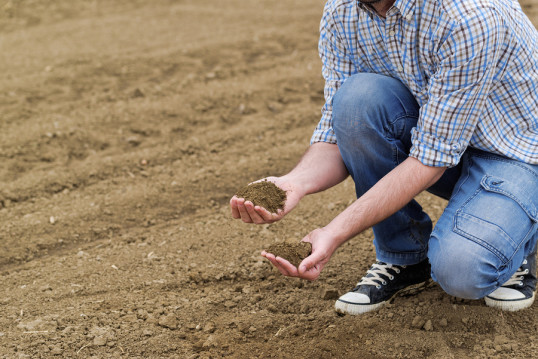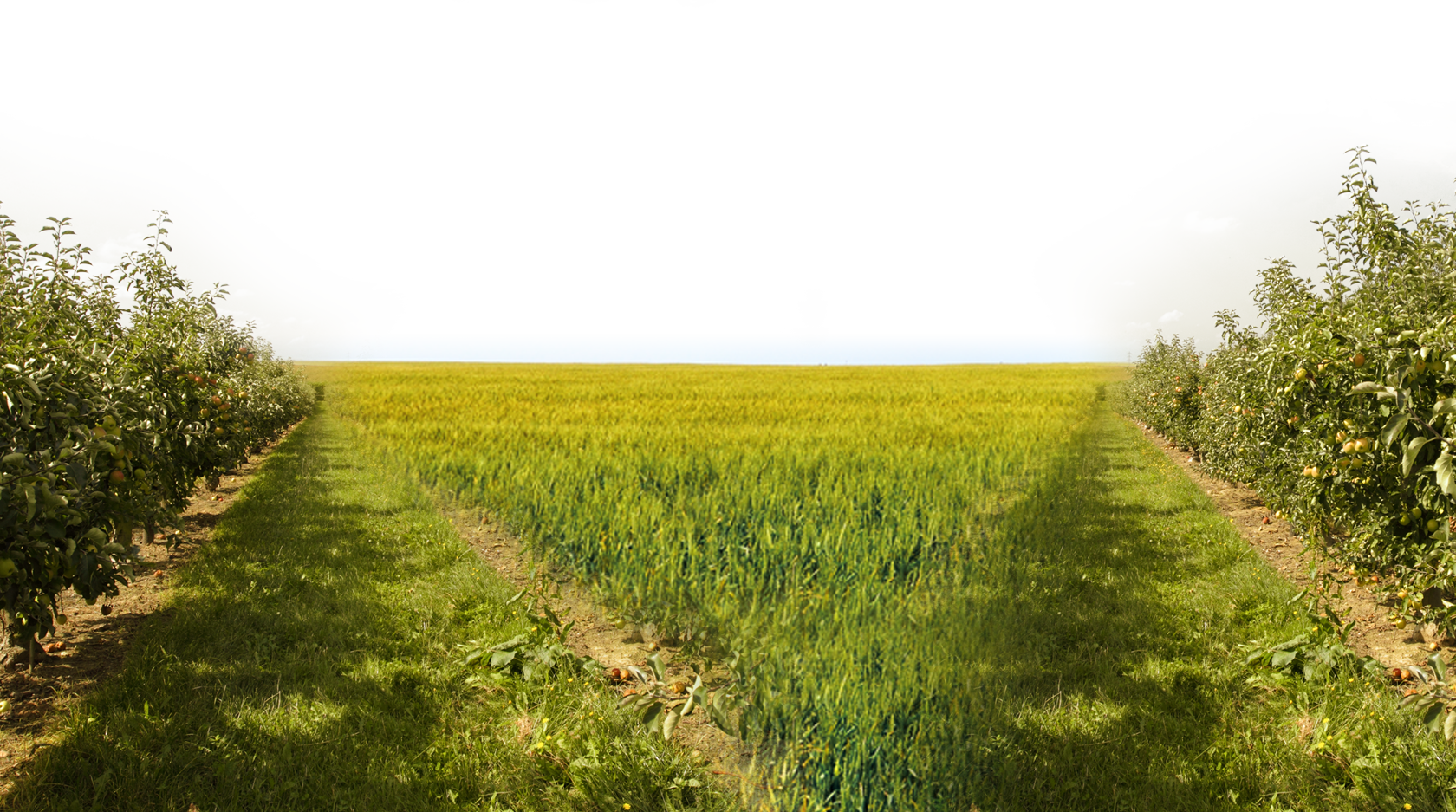
Give It a Rest
By Dave Carter | 0 Comments | Posted 08/17/2015
August is typically the month in which people try to take a bit of a break before diving back into school and work. Athletes understand that rest periods are an important part of any effective exercise regimen, and an increasing number of experts are stressing that periodic rest from our daily work routine actually makes us more productive.
Soil is no different.
For decades, conventional agriculture has sought to increase productivity through greater use of synthetic fertilizer, pesticides, and genetic selection of seeds for high yields. The land is often overlooked. It’s increasingly common for a single type of crop—corn, for instance—to be planted in the same fields year after year after year.
A recent study from the North Central Sustainable Agriculture Research & Education (SARE) organization illustrates that resting the land can actually increase productivity as much as fertilizers or pesticides.
The North Central SARE collected information from more than 1,200 farmers across the country who had completed an online survey on cover crops.
For those unfamiliar with the term, a cover crop is a crop planted with the intent to restore nutrients in the soil, control erosion, and break the cycle of damaging insects. And generally to give the land a bit of rest.
Legume crops like alfalfa, peas, and clover, along with grasses, are generally used as cover crops.
Of the farmers surveyed, yields averaged higher for corn and soybean crops planted in fields that had a cover crop the previous year. Those farmers also reported using less fertilizer, and struggling less to combat insects.
These resting fields are often ideal grazing plots for livestock. The livestock benefit the soil by adding nutrients (a nice word for manure), and by stimulating the grass production through their grazing.
When you go into your grocery store, there’s only one way to know that the food on the shelf comes from farmers who provide their land with periodic rest: Buy organic. The USDA organic regulations require farmers to use cover crops as a part of their production plan. The regulations prohibit continuous production of a single crop on a plot of land for successive years.
Rest is only one of the reasons that organic food is healthier for your family, and for the land.


 Contact us
Contact us



























